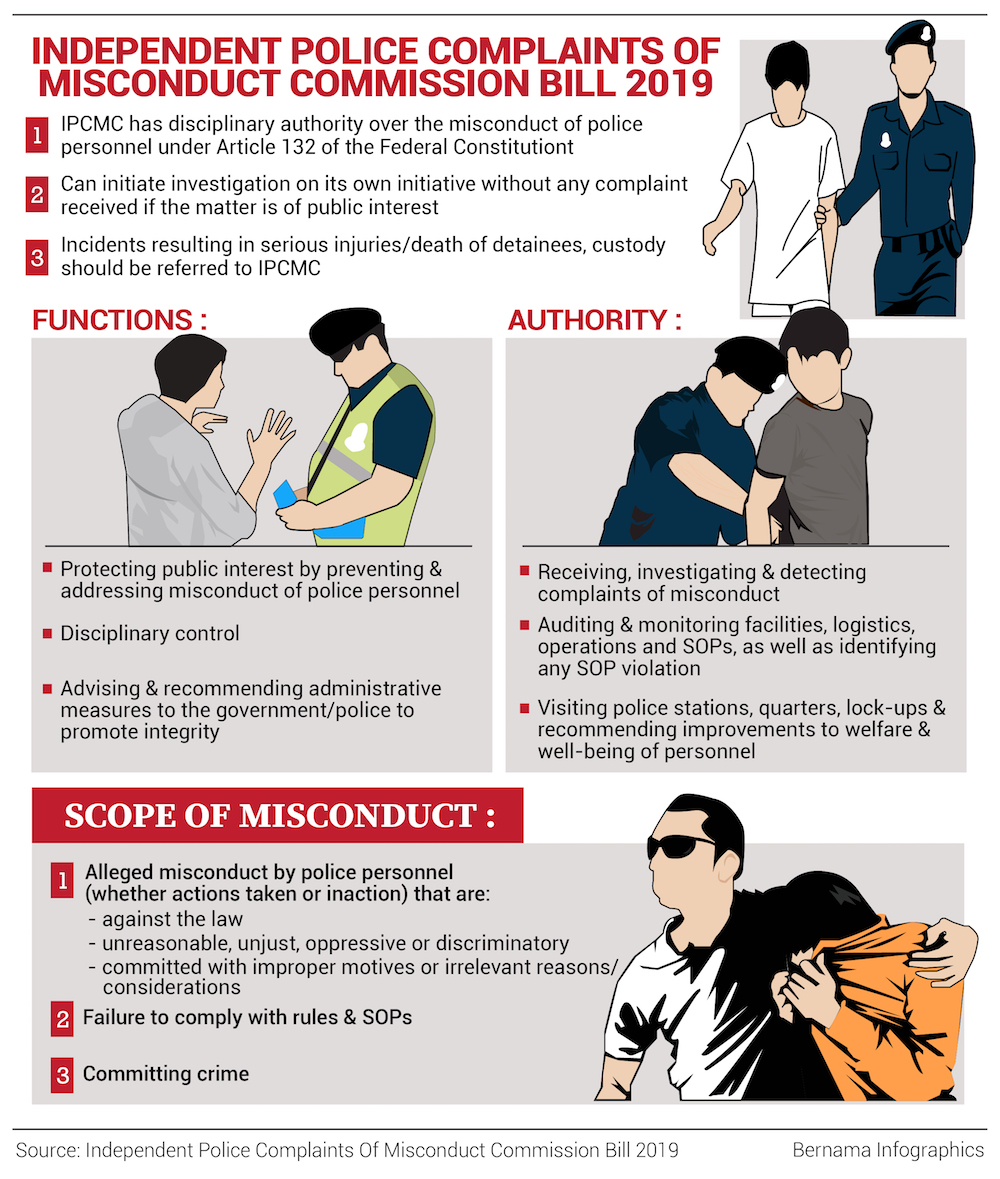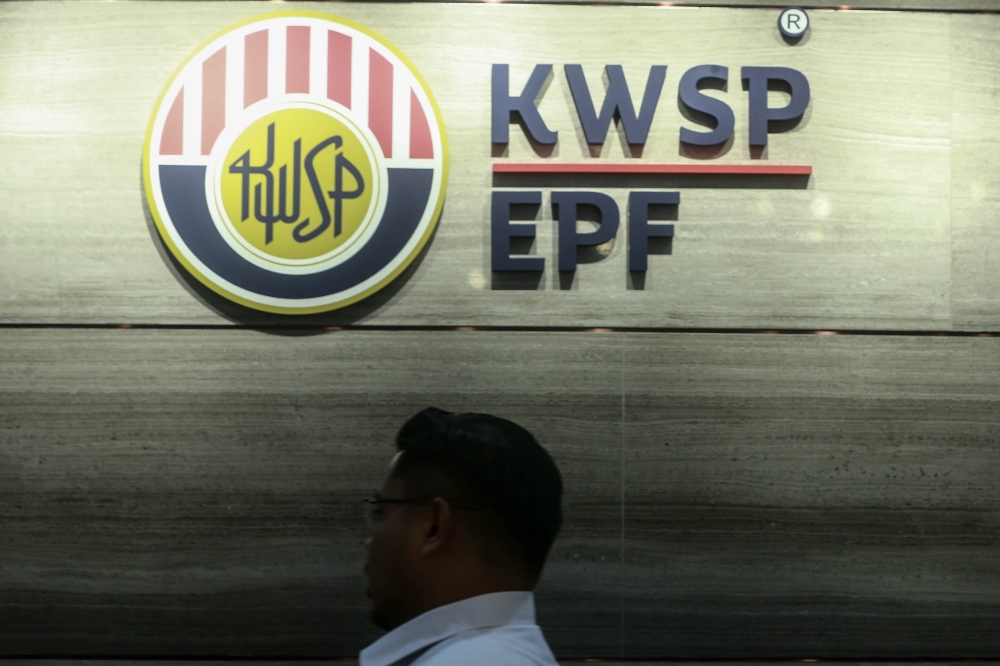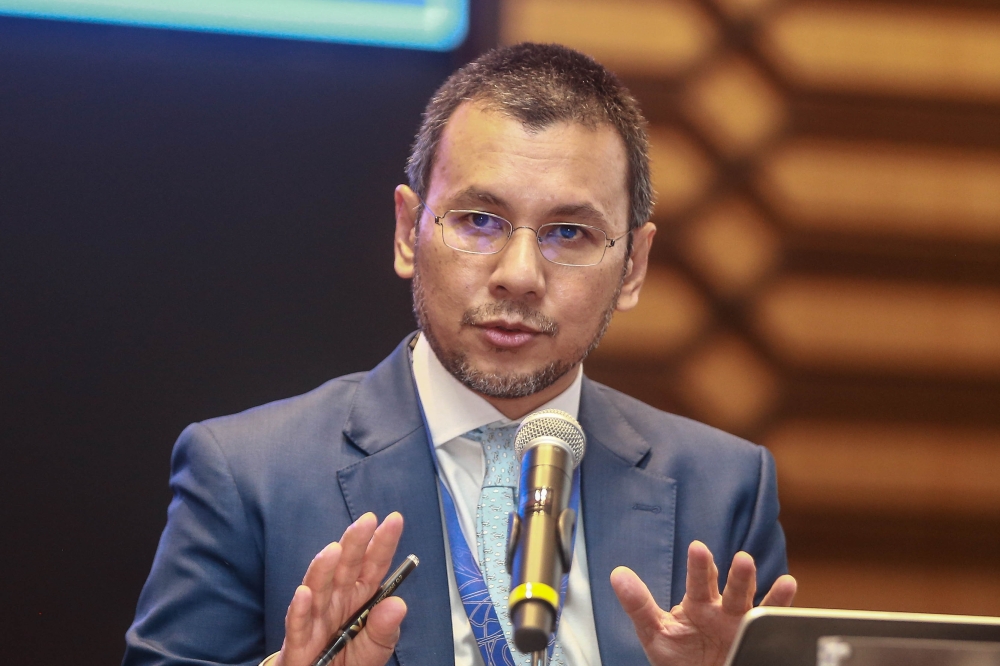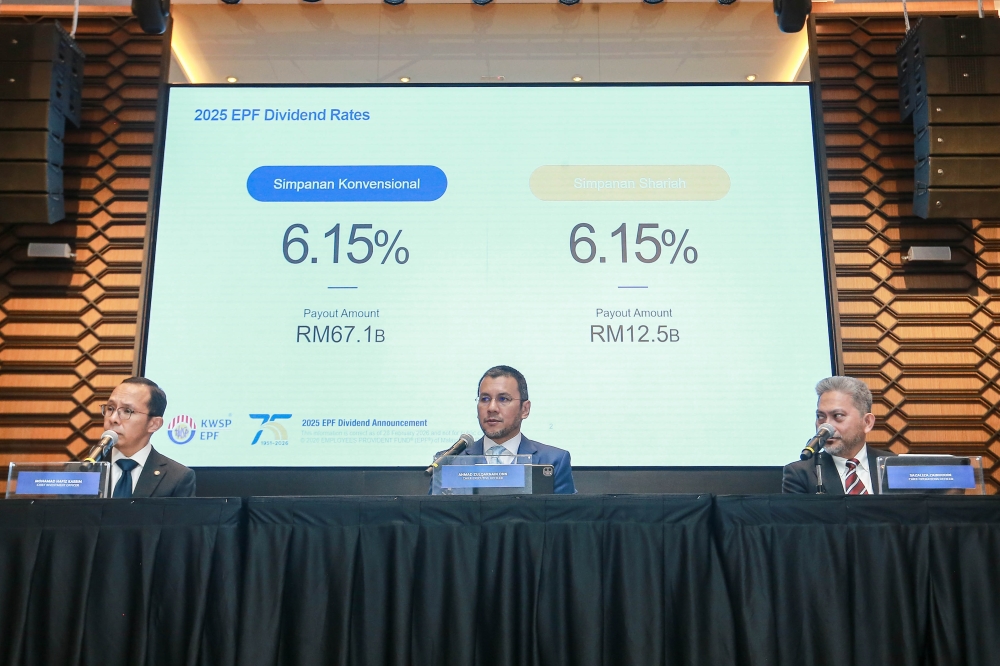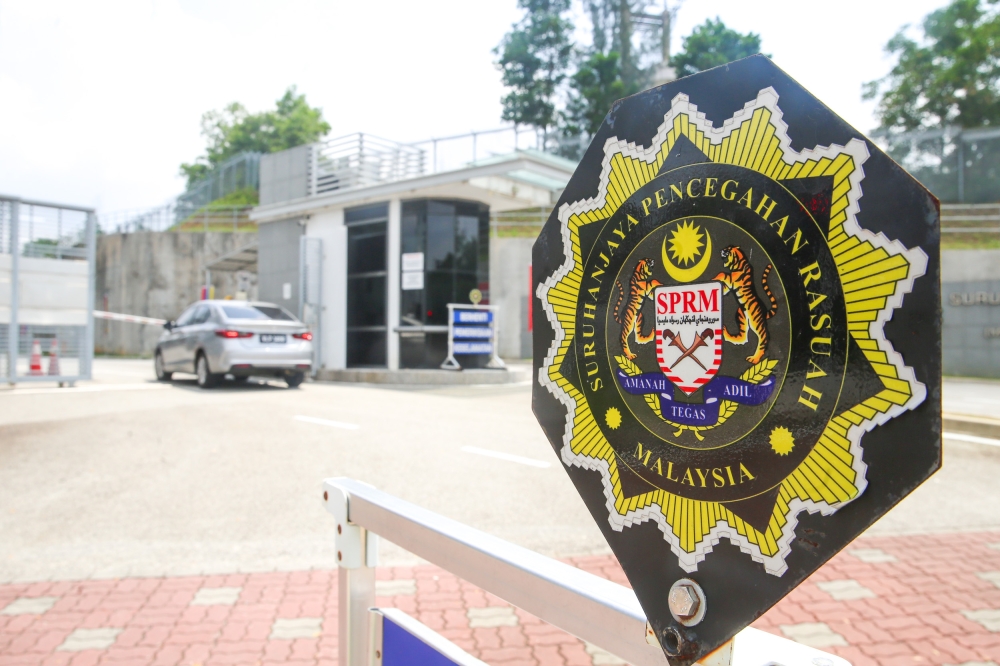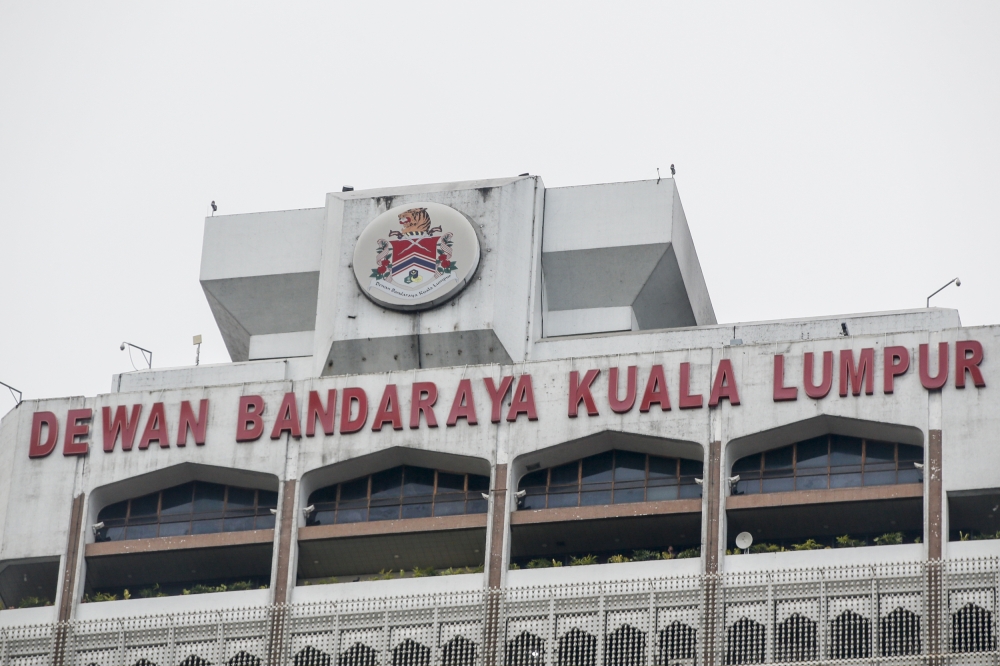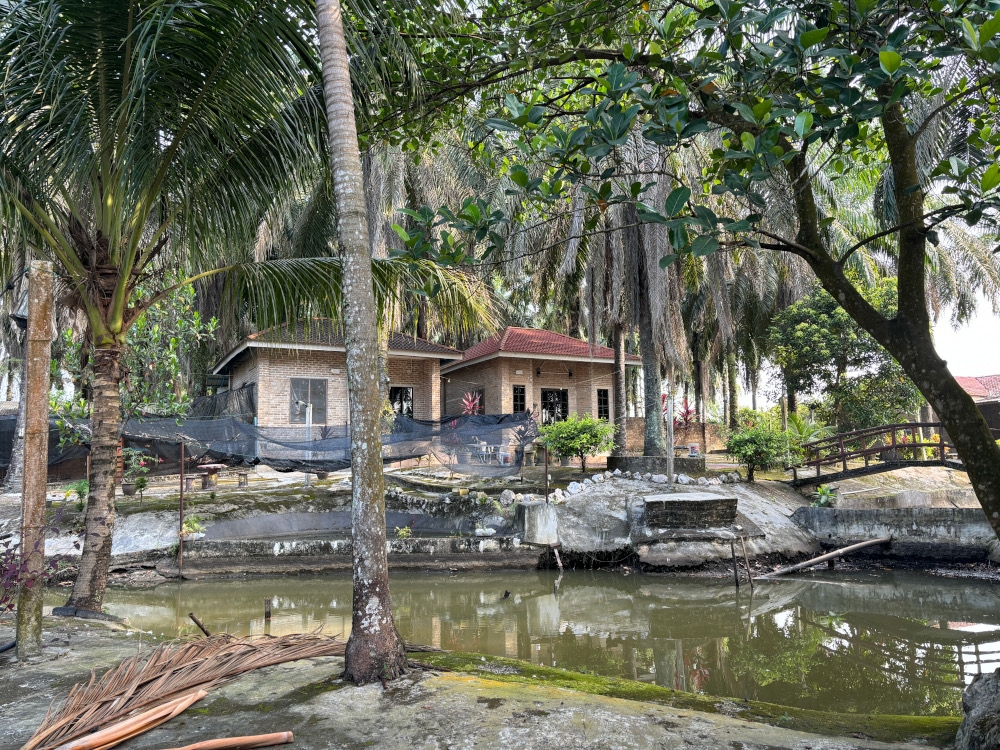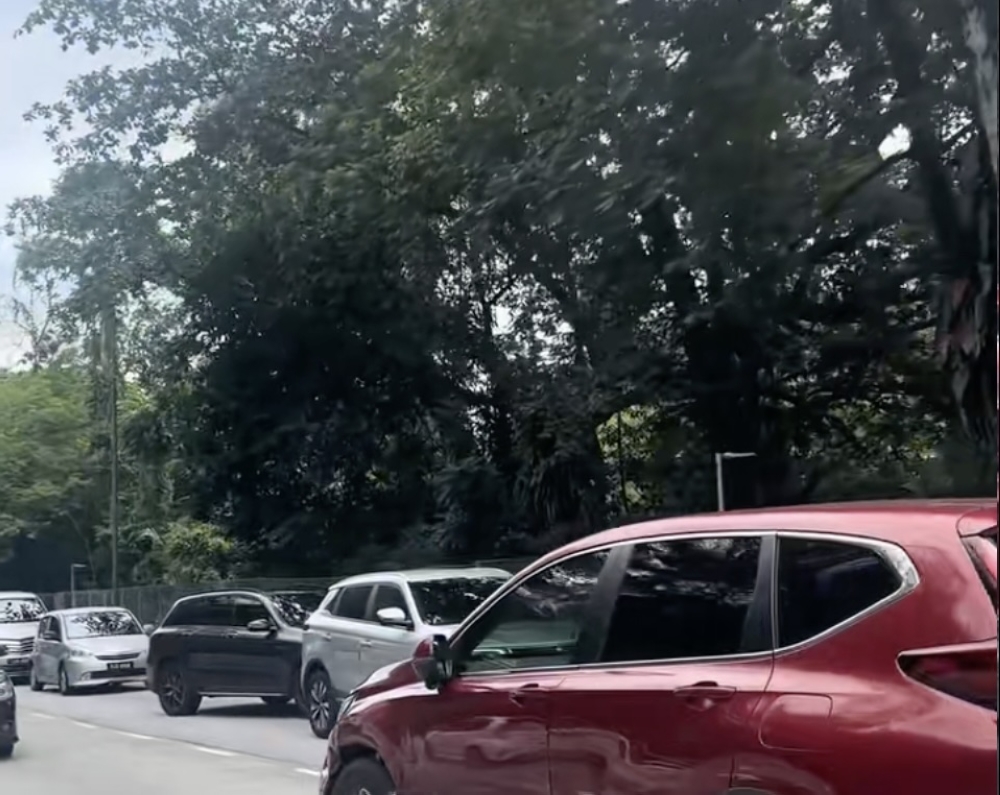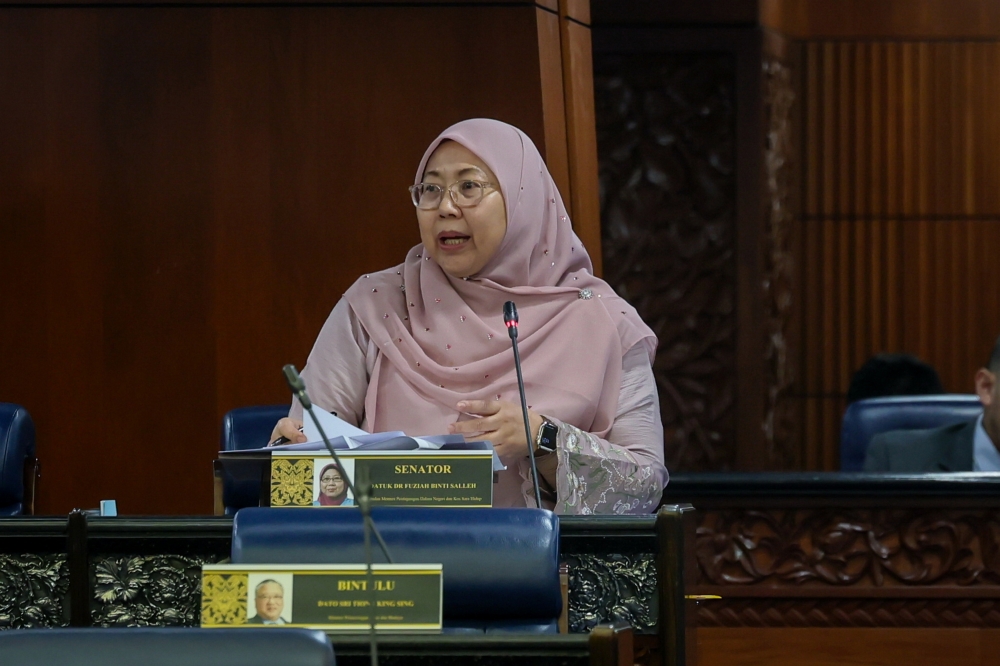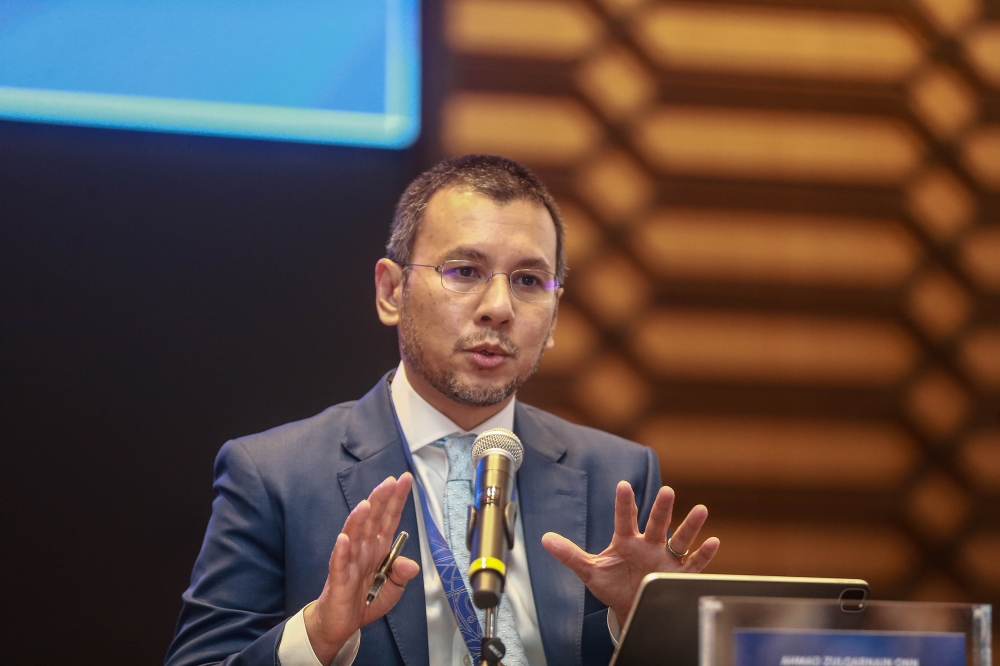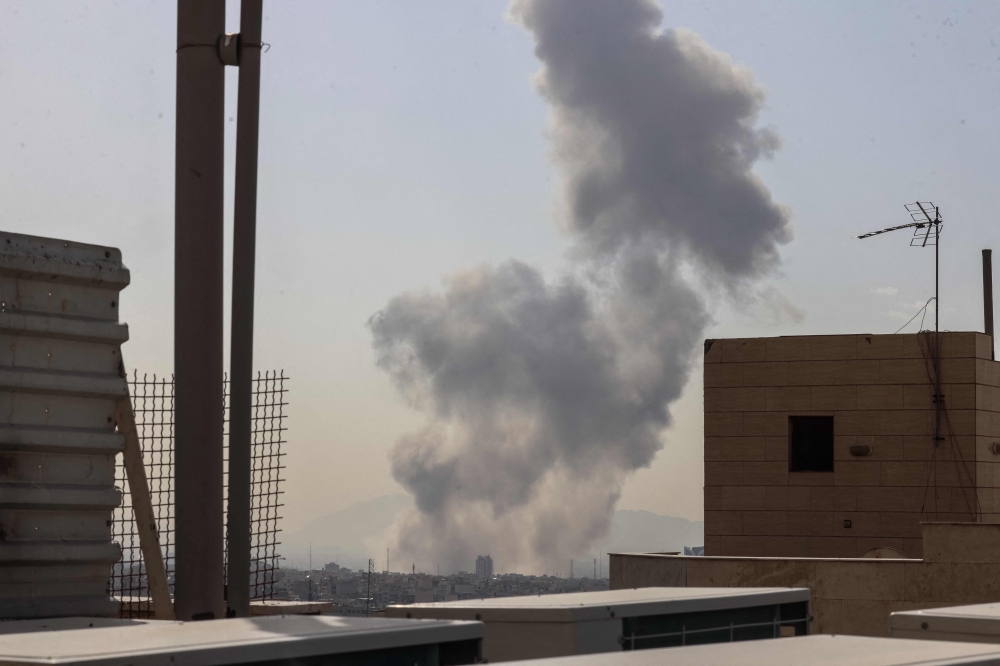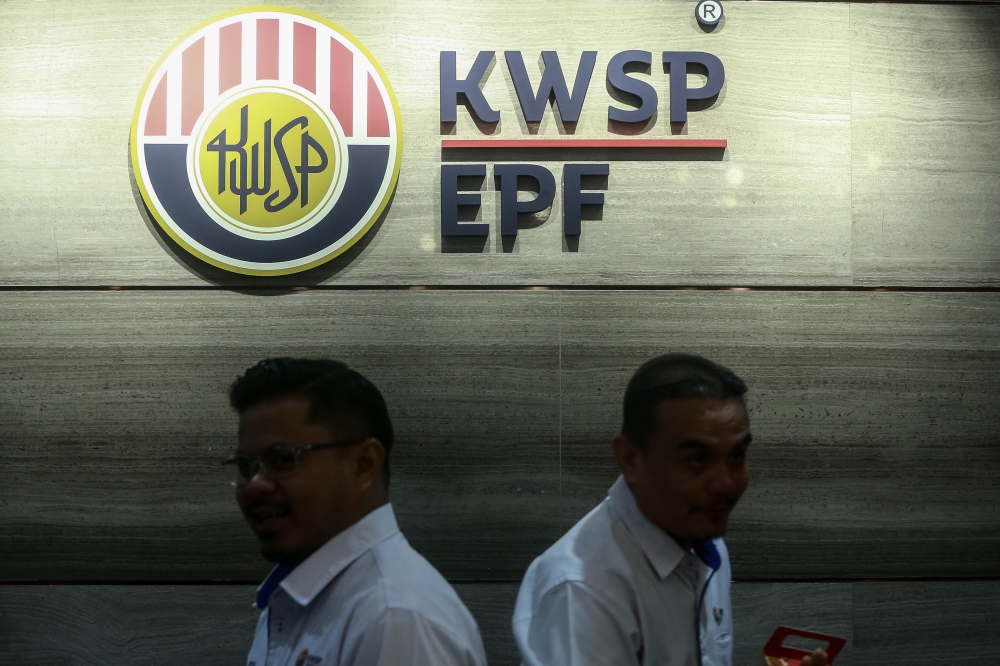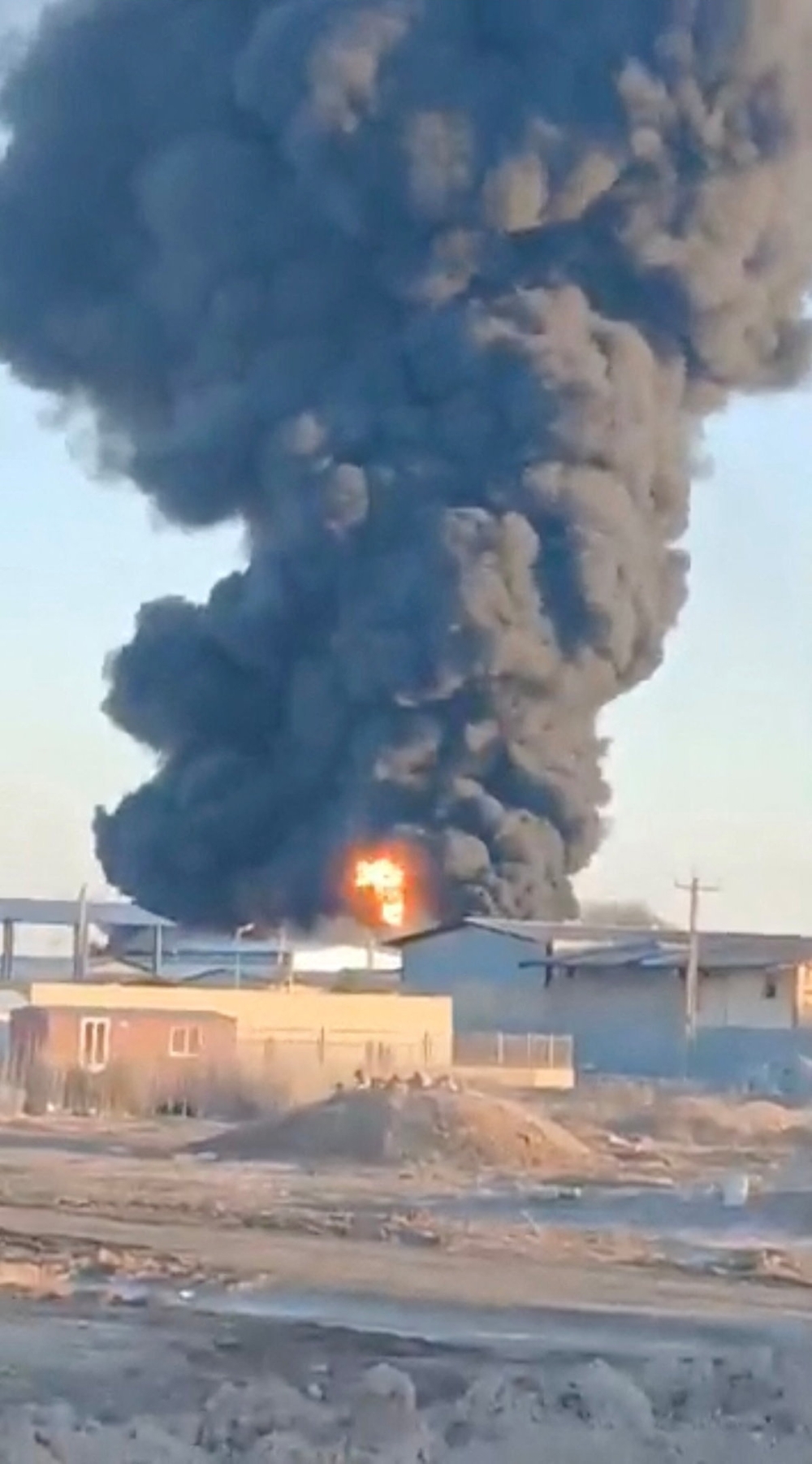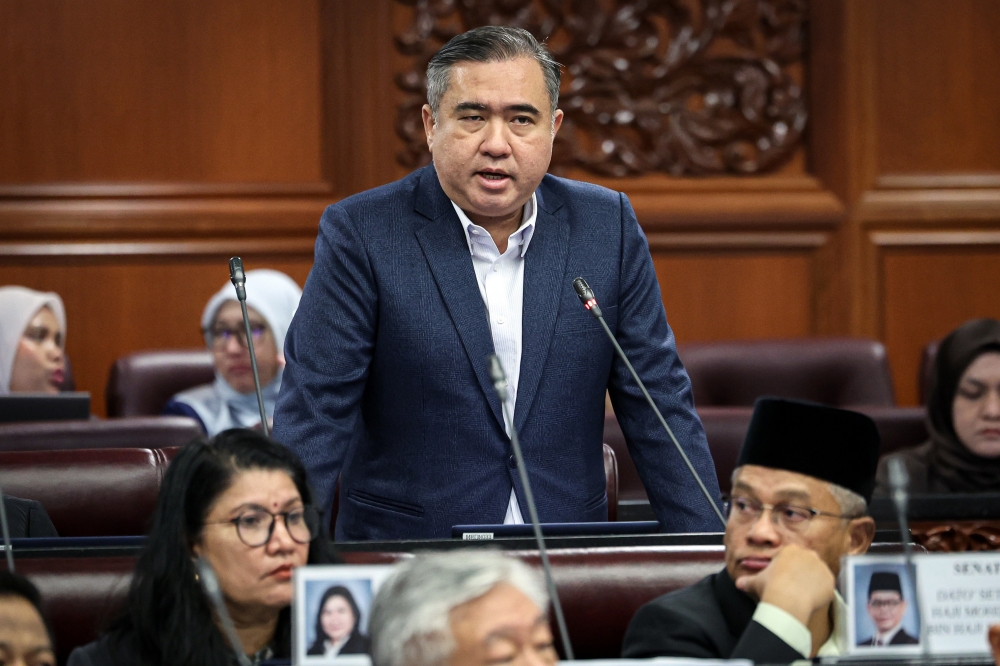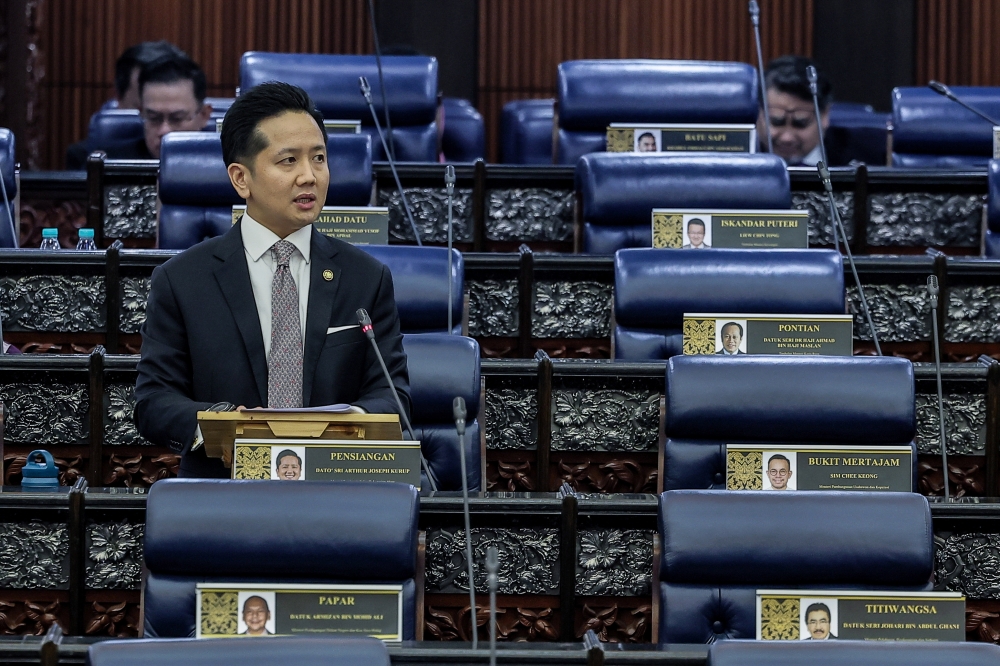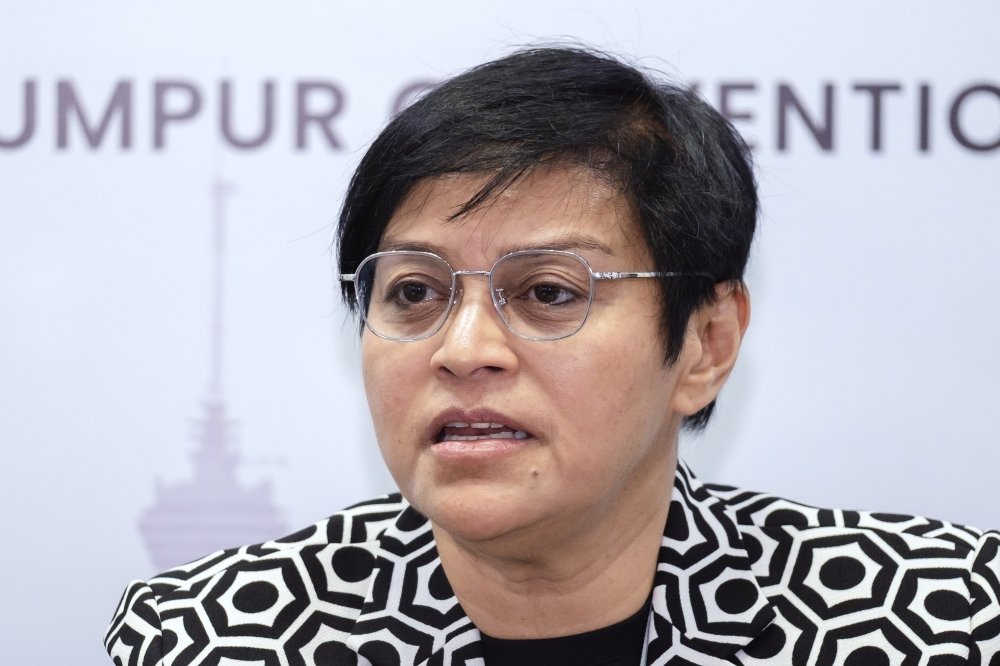KUALA LUMPUR, Oct 7 — The Independent Police Complaints and Misconduct Commission (IPCMC) cannot independently prosecute as such authority rests solely with the attorney general, Mohamad Onn Abd Aziz explained.
With the long-awaited IPCMC Bill due for its second reading when Parliament reconvenes today, the Enforcement Agency Integrity Commission (EAIC) chief executive spoke to Malay Mail about perceived shortcomings of the Bill after it was tabled in the Dewan Rakyat on July 18.
The EAIC’s inability to file charges directly remains the reason why it has been viewed as ineffectual since its establishment in 2009 but Mohamad Onn, who is on the technical team under the National Governance, Integrity and Anti-Corruption Centre (GIACC) tasked with drafting the Bill, argued that the lack of prosecutorial powers would be a boon rather than a bane to the IPCMC.
“It must be understood that IPCMC only deals with misconduct, while criminal acts and misconduct are two subjective matters,” Mohamad Onn said in an interview.
Having served as senior federal counsel in the Attorney General’s Chambers (AGC), Mohamad Onn pointed out that the IPCMC could not continue disciplinary proceedings if it were empowered to file charges.
With the current separation, however, he said the IPCMC could continue with disciplinary inquiries even if the AGC chooses not to proceed with formal charges.
“If you compare these two, it is easier to get a conviction under disciplinary action. As far as breach of SOP is concerned, we can dismiss the officer in question and this will send a strong signal to the police force.
“However, that is the dilemma we face. It is very difficult to obtain a conviction for criminal charges as noted in the Aminulrasyid case,” he said before conceding that criminal charges were the “fairer” and more “populist” choice in cases of severe misconduct.
On April 26, 2010, 14-year-old Aminulrasyid Amzah was shot repeatedly and killed after a car chase by a police officer who later admitted that he had no cause to open fire after the teen ran a roadblock in Shah Alam.
The officer was initially convicted but this was overturned on appeal. The boy’s family never received an official apology from the police. It was also unclear if any disciplinary action was taken against those involved.
Mohamad Onn said the extent of disciplinary action also depended on the severity of the misconduct, which he said was subjective.
When asked if custodial death and police brutality were considered serious, Mohamad Onn replied in the affirmative.
He then said the police force must respond as a whole when allegations of misconduct arise, arguing that the willingness to admit responsibility would go far in restoring public confidence in the agency.
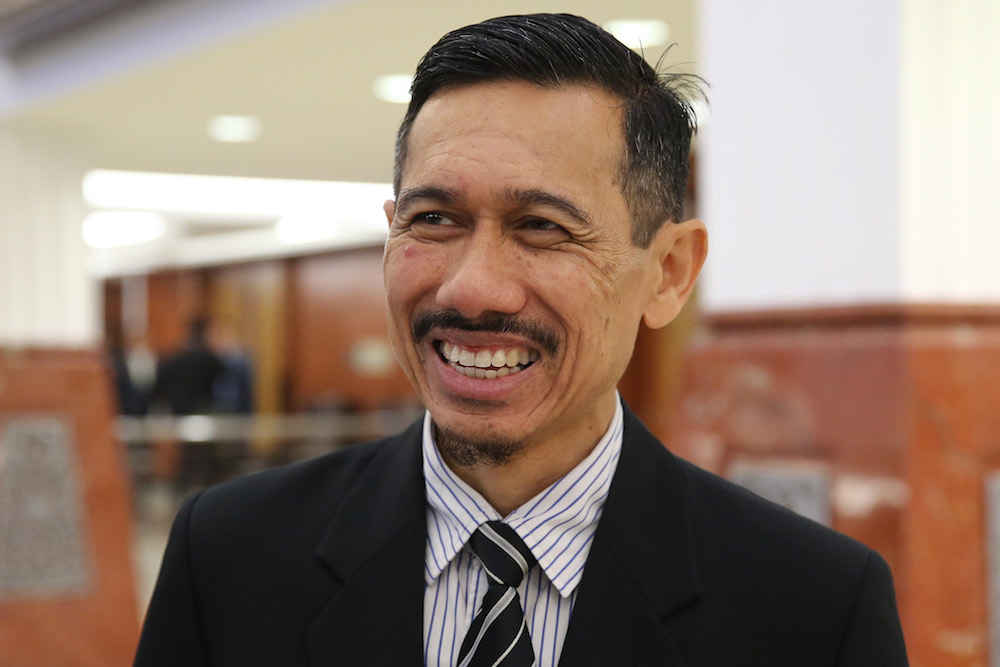
Custodial death under ‘Part VIII: Miscellaneous’ of the IPCMC?
When the formation of the IPCMC was first mooted in 2005 by the Royal Commission to Enhance the Operation and Management, its purpose was to deal specifically with police misconduct, especially police brutality, custodial deaths, shootings and cover-ups.
While the IPCMC Bill concerns all forms of police misconduct, the issue of death in custody is only listed as Clause 47 under Part VIII: Miscellaneous instead of Part IV: Complaint of Misconduct.
Under the Clause, it is stated the police force shall refer to the Commission any incident which has resulted in grievous hurt or death to any person under the detention or custody of the police force.
Addressing the elephant in the room, Mohamad Onn explained that this was due to the drafting process of the Bill and argued that the topic’s inclusion under Part VIII: Miscellaneous did not minimise it in any substantial way.
“At first, we wanted to have it somewhere in front but the drafters’ view was to put it somewhere behind. However, it doesn’t matter where you put it in the Bill,” he said, adding that the interest of the police force was a deciding factor.
He then compared Section 4(1) of the EAIC Act and Clause 4(a) of the IPCMC Bill on the functions of the Commission, before pointing out the differences in both.
According to Section 4(1) of the EAIC Act, it is stated that the Commission is to receive complaints of misconduct from the public against an enforcement officer or against an enforcement agency in general and to investigate and conduct hearings on such complaints; while Clause 4(a) of the IPCMC Bill stated that the Commission is to promote integrity within the police force.
“We have to be mindful of their emotions and fair to the police. We chose to draft it carefully as we don’t want it to seem as if we wanted to find fault and punish the police,” he said.
In case you missed our quick guide on the IPCMC Bill after it was tabled for first reading by Minister in the Prime Minister’s Department Datuk Liew Vui Keong in the Dewan Rakyat in July, click here.
